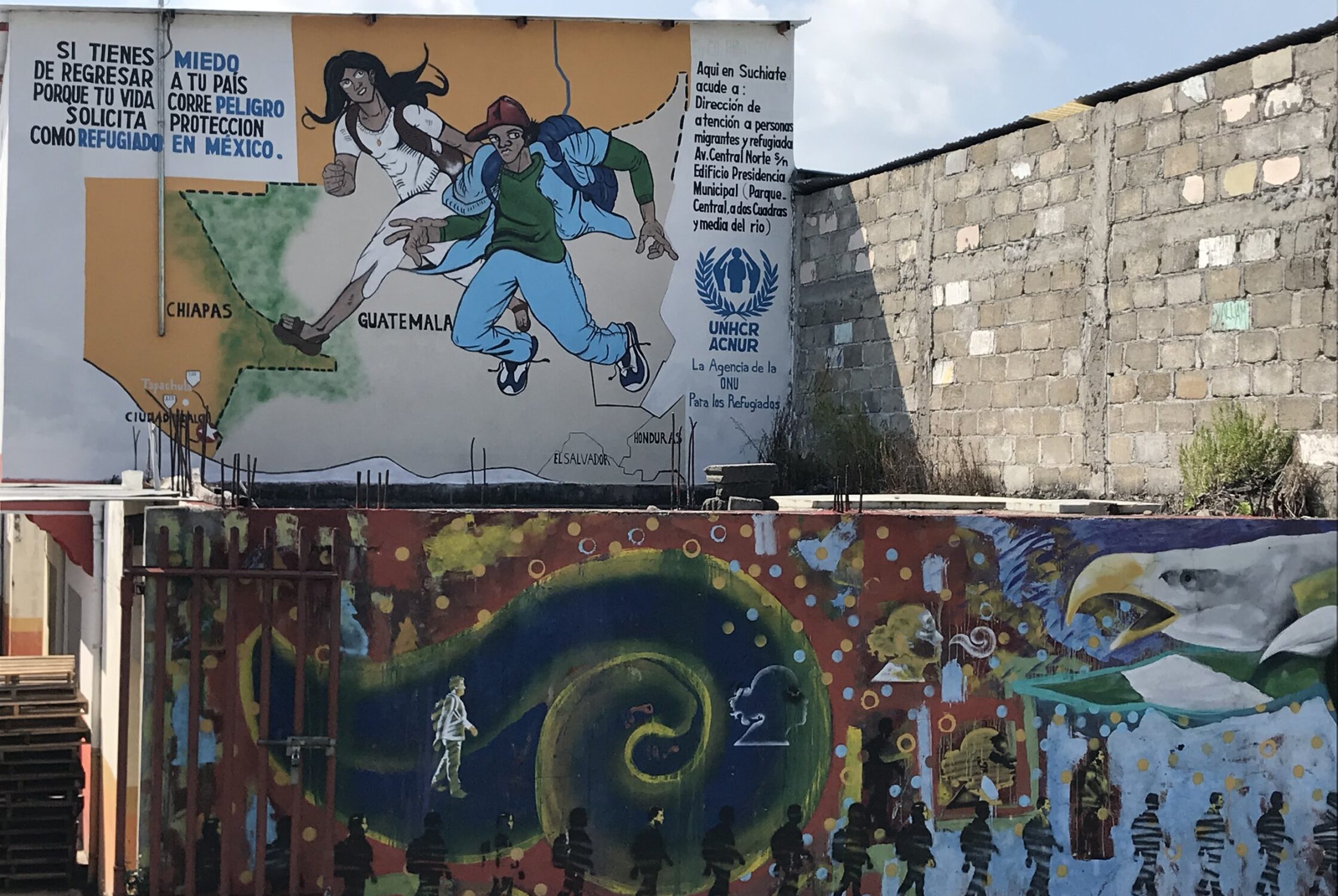Putting Lives at Risk: Protection Failures Affecting Hondurans and Salvadorans Deported from the United States and Mexico

According to findings from this Refugees International (RI) report, both the United States and Mexico are deporting individuals with significant protection needs back to Honduras and El Salvador – the countries from which they fled. The report, Putting Lives at Risk: Protection Failures Affecting Hondurans and Salvadorans Deported from the United States and Mexico, finds that the protection process at every stage – from the processing of an asylum application to deportation and reintegration into the country of origin – suffers from serious failures that ultimately put lives at risk. The RI research also found that despite important investments in reception services for deportees, both Honduras and El Salvador have weak protection systems.
The protection failures described in the report underscore the critical importance of preventing the return of DACA and TPS beneficiaries from Honduras and El Salvador. Such massive returns would not only risk increasing instability in the region but would dramatically and unnecessarily increase the protection challenges that the United States, Mexico, Honduras and El Salvador are already failing to meet with respect to deportees. Returns of DACA and TPS beneficiaries would inevitably impose risks of violence on many of the returnees and would be a shameful abdication of U.S. responsibilities.
The report is based on a mission to Mexico, Honduras, and El Salvador conducted in November 2017.

The protection crisis in Central America’s Northern Triangle (Guatemala, El Salvador, and Honduras) is reflected in the number of citizens from the region seeking asylum in other countries. Between 2013 and 2015, more individuals sought affirmative asylum in the United States from Northern Triangle countries than in the 15 previous years. Between 2013 and 2016, Mexico saw an almost 700 percent increase in the number of asylum applications – with the overwhelming majority of asylum seekers coming from the Northern Triangle.
In response, both the United States and Mexico are taking increasingly robust measures to detect, detain, and deport migrants. In the United States, this has included actions that deter or prevent asylum applications. In some cases, these actions– such as Customs and Border agents’ refusal to process requests and prosecution of asylum applicants for unauthorized entry – violate U.S. international obligations.

While the United States is making investments in reception services for deportees in El Salvador and Honduras, these services do not provide meaningful protection for deportees to those countries. Additional steps are required to remedy the situation.
Beyond the recommendations on DACA and TPS, other report recommendations include:
- The United States should take urgent action to address flaws in the U.S. asylum system that conflict with U.S. obligations under the Refugee Convention and Protocol and human rights treaties.
- The United States should develop a humanitarian protection program that defers deportation for those who have well-founded fears of targeted violence upon return to Honduras and El Salvador, even if they have not been granted asylum under U.S. law.
- The United States should expand support for protection initiatives in Central America for deportees and others who are internally displaced.
- Officials of Mexico’s migration agency, INM, must commit to ceasing all efforts to discourage migrants from making asylum claims, inform migrants of their rights to seek asylum, and permit asylum seekers in detention access to the government’s Alternatives to Detention Program.
- The Honduran authorities should finalize, in coordination with UNHCR and civil society organizations, a protection referral protocol and standard operating procedures that ensure meaningful access to protection for all persons at risk.
- The Government of El Salvador must publicly acknowledge internal displacement as a systemic policy challenge. Relevant government ministries and offices must jointly develop a national strategy to prevent and respond to internal displacement in accordance with the UN’s Guiding Principles on Internal Displacement and with a view to durable solutions.